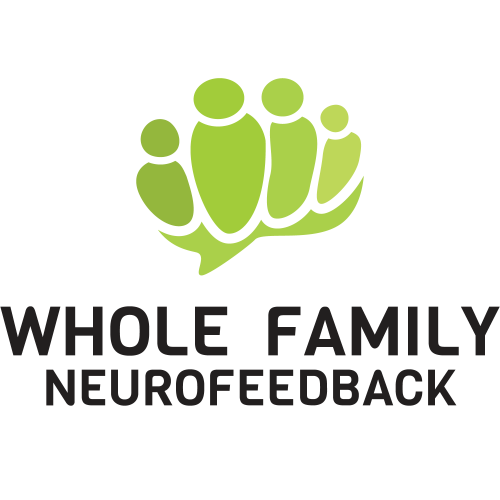
by Carolyn Gardner | Feb 11, 2025 | Focus and Mental Acuity, Mental and Emotional Resilience, Stress
Winter can be challenging for those on the recovery journey from alcohol, drugs, food, cigarettes, or anything else that they’ve used to help cope with feelings of overwhelm and stress. Winter can be isolating and bring up old triggers. It can bring up feelings...

by Carolyn Gardner | Feb 10, 2025 | Focus and Mental Acuity, Mental and Emotional Resilience
Have you ever gone through the day and thought, nothing is going my way today? Have you ever replayed a terrible moment in the day over and over again? Maybe you didn’t do well on a big presentation for work and you think “I never do anything right.” Sometimes these...

by Carolyn Gardner | Jan 14, 2025 | Focus and Mental Acuity, Mental and Emotional Resilience, Neurofeedback Informational, Sleep
For years neurodiversity was viewed through the lens of deficits. Now, there is a shift where experts are recognizing that neurodiversity simply means there are differences in how our brains work. By understanding these differences, we can recognize the positive...

by Carolyn Gardner | Nov 1, 2024 | Focus and Mental Acuity, Neurofeedback Informational
Whether you’re new to learning about neurofeedback or you’ve been researching it and want to give it a try, you probably have a lingering question: Is neurofeedback safe and effective? This is a common question, so let’s explore this topic. We want you to have...

by Carolyn Gardner | Sep 11, 2024 | Focus and Mental Acuity
Can at-home neurofeedback help improve attention and focus? Managing life with one or more children with ADHD isn’t easy. Even with all of your supports in place, you can’t help but wonder if there are still improvements you can make. So many families find that...

by Whole Family Neurofeedback | Jul 22, 2024 | Focus and Mental Acuity, Neurofeedback and Family Process
Screen Time And Kids: Creating Balance To Reduce Negative Effects Screens and digital devices are everywhere. Cell phones, laptops, and tablets are part of everyday life. Kids are even doing most of their school work on computers. While our daily lives...







